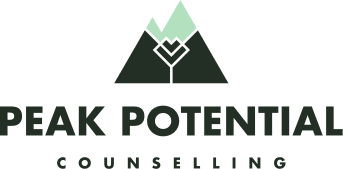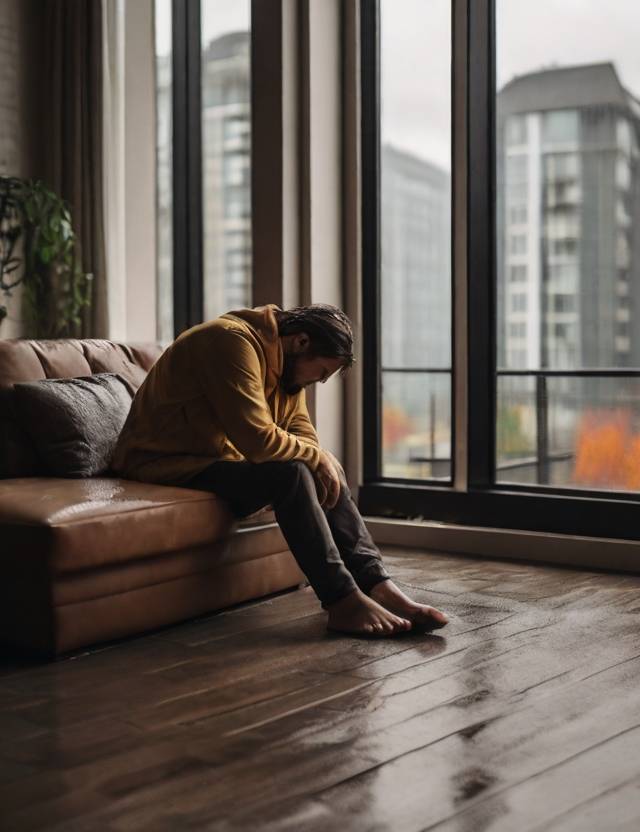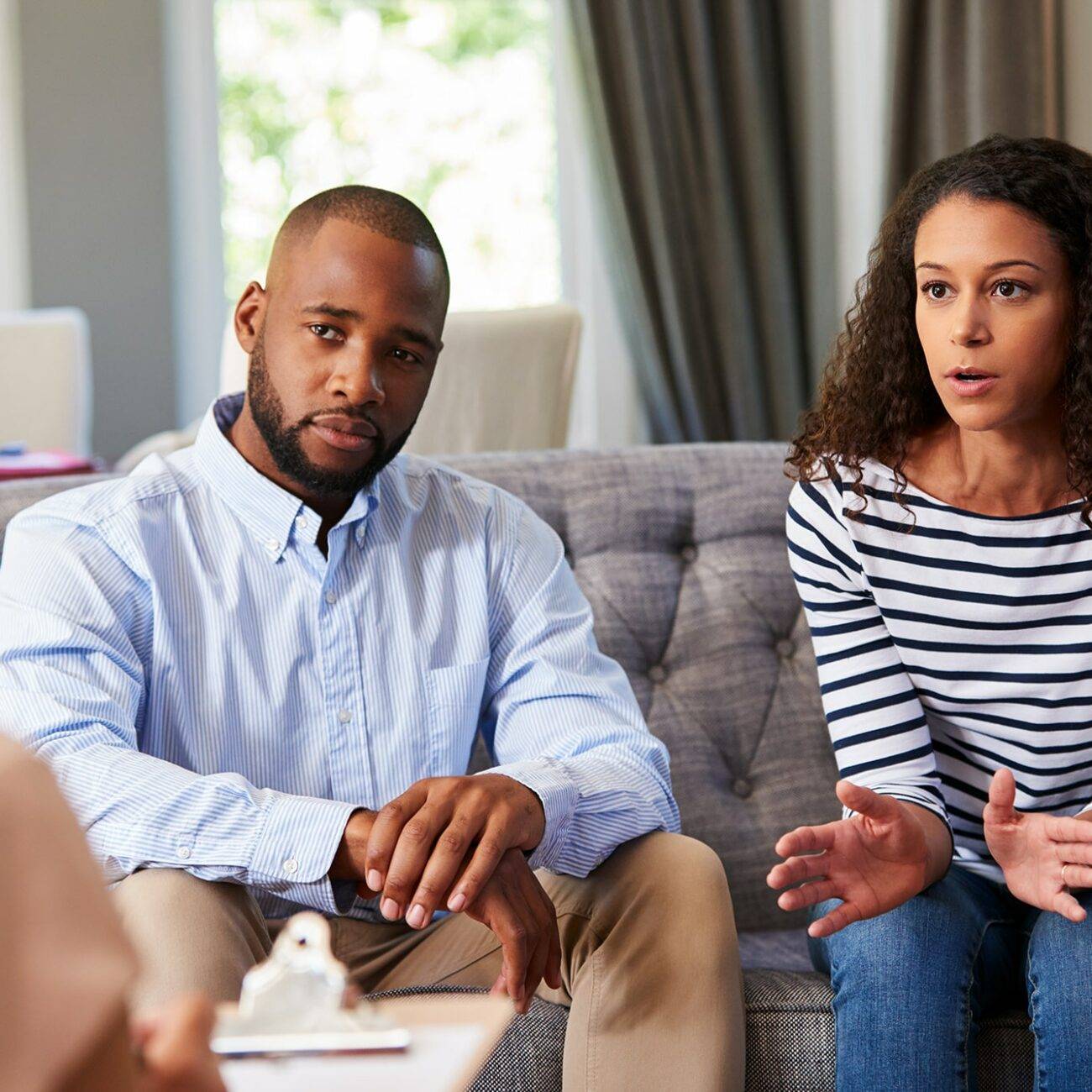Finding the right counsellor is the first step toward better mental health, whether you’re starting a new phase of life, overcoming a breakup, grieving a loss, or seeking peace of mind. In Vancouver, the relationship with your therapist significantly impacts therapy sessions and the overall benefits of therapy.
As you look for a therapist, you must ask the right questions and consider your responses. Here are some tips to help you decide if a therapist is right for you, whether for individual couselling or couples counselling In Vancouver.
Have Realistic Expectations About a Counsellor’s Role
It’s easy to assume that a counsellor will tell you how to fix all your problems. However, most counsellors don’t provide direct advice; instead, they teach you how to manage your emotions and make your own decisions.
Your first session might surprise you when you realize the counsellor’s role isn’t what you expected. The most important thing is to build a close relationship with your counsellor so you feel comfortable sharing your thoughts and feelings.
Explore Local Resources
In Vancouver, there are many resources to help you find the right counsellor. If you’re a student, your school may offer counselling services. Similarly, many companies provide access to counsellors through their HR departments.
If you prefer your faith to guide your counselling sessions, your place of worship may have a list of licensed therapists. Leveraging these local resources can help you make an informed decision.
Consider Methodology
Counsellors often adopt specific methodologies they believe will benefit their clients. Common approaches include Cognitive Behavioural Therapy (CBT), Somatic Therapy, Couple Counselling, and Attachment-Based Therapy.
Before attending counselling, research which methods work best for you; for example, if you’re interested in a holistic perspective that includes the body, you might prefer sensorimotor psychotherapy or somatic experience. CBT might be more suitable if you want to alter thought patterns analytically.
Finding a counsellor who offers multiple modalities that resonate with you will enhance your counselling experience. Peak Potential Counselling, for instance, offers various humanistic therapy methods.
Reach Out to Organizations That Address Your Specific Needs
If you need to address specific issues, contact organizations specializing in those areas. They can support you and provide a list of certified therapists. For example:
- The National Eating Disorder Information Centre is an excellent resource for those dealing with eating disorders.
- Trauma and abuse resources are available through the government website in British Columbia.
- Indigenous community members can access counselling services locally or through the First Nations Health Authority.
Think About Your Goals Ahead of Time
Therapy is a collaborative process. Think about what you want to achieve in therapy and how you and your counsellor can work together to reach those goals.
If you’re considering medication, find a psychiatrist who can prescribe it. If you think CBT or Somatic Therapy is right for you, look for a counsellor trained in those areas. If group therapy seems beneficial, seek a counsellor who offers community or group sessions.
Consider your needs, comfort level, and goals when choosing a therapist.
Take Advantage of Free Consultations
Many therapists offer a free introductory session to see if they fit well. Ask about their specializations, approaches, techniques, and how long they’ve practiced. This helps you gauge how they might help you and how comfortable you feel with them.
Listen to Your Gut
Even if you book an appointment with the best therapist in Vancouver, they might not be your best therapist. Your comfort and trust are paramount. If you feel uncomfortable with your therapist, find another one. A therapist should be like a close friend—someone you feel comfortable being vulnerable with and who helps you feel seen, heard, and respected during your sessions.
Give It a Try and Book a Session
The only way to know if you’ll like a counsellor is to meet them face to face. Here are some questions you can ask in your first session or a consultation:
- How many years have you been practicing?
- What do you consider your areas of expertise?
- What treatments have you found effective for [your specific issue]?
- Do you accept insurance or work on a sliding scale system?
Remember, there’s no commitment necessary. Your counsellor understands you’re looking for the right fit, and there’s no pressure to book a second session. Meeting a counsellor and asking questions will help you set realistic expectations and understand potential outcomes.
Final Thoughts
Finding the right counsellor takes time, but it’s worth the investment. Supporting yourself in this way is the beginning of a journey toward feeling your best again.
If you’re looking for a counsellor in the Vancouver or need more information, please get in touch with Peak Potential Counselling. Our team is trained to deal efficiently and effectively with a variety of issues.




